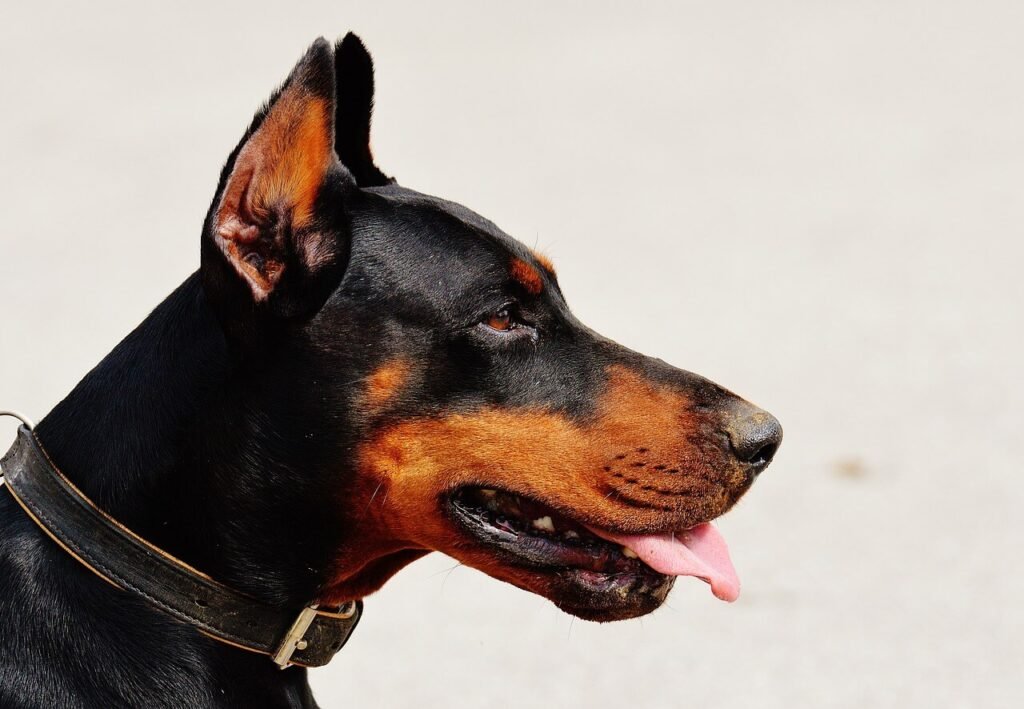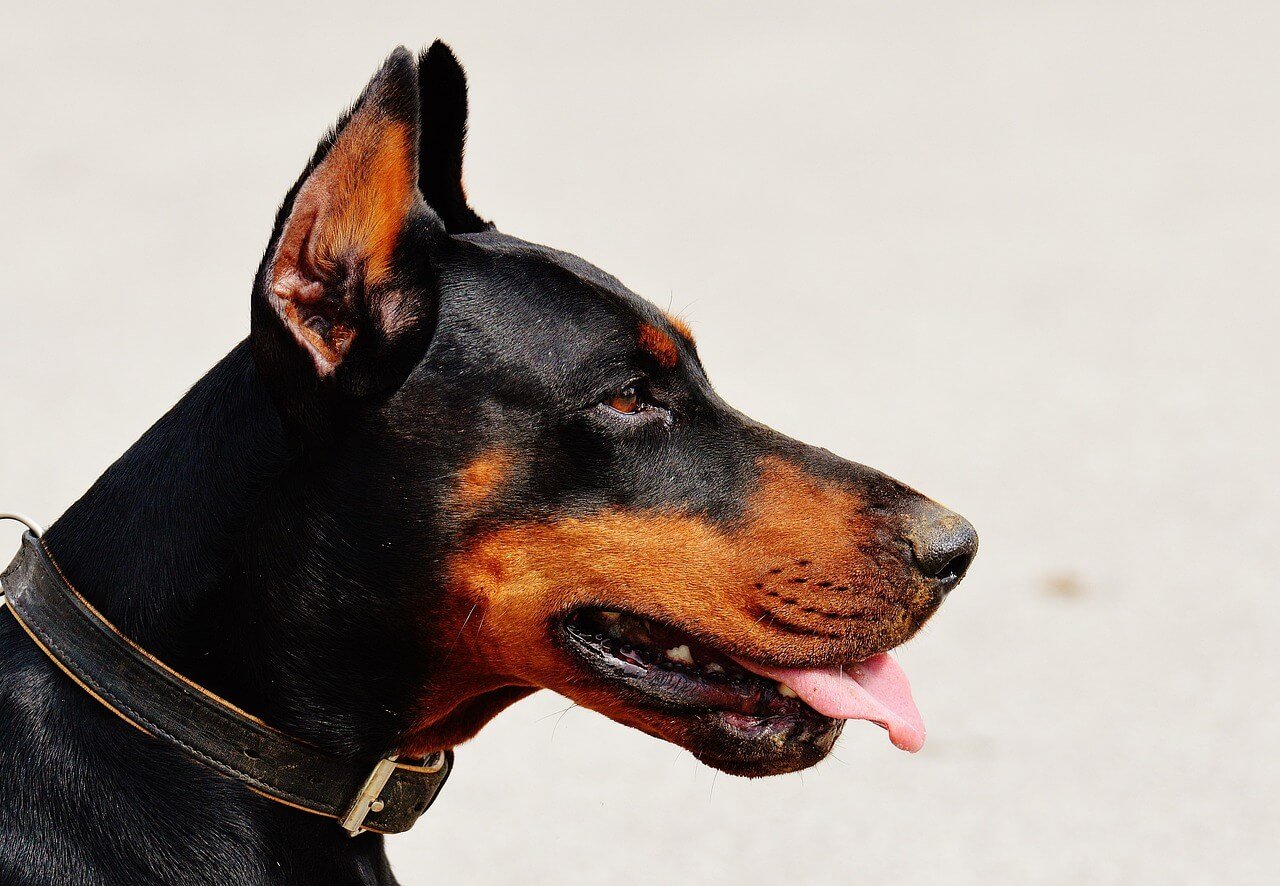Is Eucalyptus Oil Safe for Dogs? What Every Pet Owner Should Know
Eucalyptus oil is a popular essential oil known for its fresh, invigorating scent and wide range of uses, from aromatherapy to cleaning. However, as a responsible pet owner, you may be wondering: Is eucalyptus oil safe for dogs? While this oil offers numerous benefits for humans, it can pose risks to our furry friends if not used carefully. Dogs have sensitive respiratory systems and metabolisms, making them more vulnerable to the effects of essential oils. In this blog post, we’ll explore the potential dangers of eucalyptus oil, safer alternatives, and how to use it responsibly—if at all—around your dog. Let’s dive in and ensure your home remains a safe haven for your beloved pet.
Why Eucalyptus Oil Can Be Dangerous for Dogs
Eucalyptus oil is highly concentrated and contains compounds like eucalyptol, which can be toxic to dogs if ingested or inhaled in large amounts. Understanding why it poses a risk is crucial for keeping your pet safe. Here are some reasons why eucalyptus oil can be harmful:
Toxic Compounds: The active ingredients in eucalyptus oil can overwhelm a dog’s liver and kidneys, which are not equipped to process such substances.
Respiratory Irritation: The strong scent can irritate a dog’s sensitive airways, leading to coughing, sneezing, or difficulty breathing.
Skin Sensitivity: Direct contact with eucalyptus oil can cause irritation, redness, or allergic reactions on a dog’s skin.
Ingestion Risks: If a dog licks or swallows eucalyptus oil, it can lead to poisoning symptoms like vomiting, diarrhea, or drooling.
Central Nervous System Effects: High exposure may result in lethargy, tremors, or even seizures in severe cases.
Given these risks, it’s clear that eucalyptus oil should be handled with extreme caution around dogs. Prevention and awareness are key to avoiding accidental exposure.
Signs of Eucalyptus Oil Poisoning in Dogs
If your dog has been exposed to eucalyptus oil, it’s important to recognize the symptoms of poisoning early. Quick action can make a significant difference in their recovery. Here’s what to watch for:
Excessive Drooling: A common sign of oral irritation or ingestion of a toxic substance.
Vomiting or Diarrhea: These gastrointestinal symptoms often indicate poisoning.
Difficulty Breathing: Labored or rapid breathing may suggest respiratory distress caused by inhalation.
Lethargy or Weakness: A dog that seems unusually tired or unresponsive may be experiencing toxicity.
Tremors or Seizures: In severe cases, neurological symptoms can occur, requiring immediate veterinary attention.
If you notice any of these signs, contact your veterinarian or an emergency animal clinic right away. Early intervention can prevent serious complications.
Check this guide 👉Can I Give My Dog Salmon Oil Every Day? Best 7 Tips!
Check this guide 👉Can Dogs Have Olive Oil? Best 7 Expert Tips!
Check this guide 👉Homemade Dog Ear Cleaner with Coconut Oil: Best 7 Tips!

Safe Alternatives to Eucalyptus Oil | Reasons They’re Dog-Friendly |
|---|---|
Lavender (Diluted) | Calming properties without high toxicity |
Chamomile | Gentle on skin and respiratory systems |
Coconut Oil | Safe for topical use and digestion |
Peppermint (Highly Diluted) | Mild scent and minimal risk when used properly |
Water-Based Diffusers | Avoids direct exposure to concentrated oils |
How to Use Essential Oils Safely Around Dogs
If you love using essential oils but want to ensure your dog’s safety, there are ways to minimize risks. Responsible use and proper precautions can help create a harmonious environment for both you and your pet. Here’s how to stay safe:
Avoid Direct Application: Never apply undiluted essential oils directly to your dog’s skin or fur.
Use Only Dog-Safe Oils: Stick to oils specifically recommended for pets, like diluted lavender or chamomile.
Diffuse Sparingly: Limit the use of diffusers and ensure your dog has access to fresh air outside the room.
Keep Oils Out of Reach: Store all essential oils in secure, high places where curious pets cannot access them.
Consult Your Vet: Always seek professional advice before introducing new scents or oils into your home.
By following these guidelines, you can enjoy the benefits of essential oils while keeping your dog safe and healthy.
What to Do If Your Dog Is Exposed to Eucalyptus Oil
Accidents happen, and if your dog comes into contact with eucalyptus oil, quick action is essential. Here’s what you should do to address the situation:
Remove Them from the Source: Take your dog to a well-ventilated area immediately to reduce further exposure.
Rinse Their Skin: If oil has come into contact with their coat or skin, wash the area thoroughly with mild soap and water.
Do Not Induce Vomiting: Unless instructed by a vet, avoid inducing vomiting, as it could worsen the situation.
Call Your Veterinarian: Provide details about the exposure, including the amount and duration, for tailored advice.
Monitor Symptoms Closely: Keep an eye on your dog for any changes in behavior or health and report them to your vet promptly.
Acting swiftly and calmly can help mitigate the effects of eucalyptus oil exposure and ensure your dog receives the care they need.
Other Everyday Items to Keep Away from Your Dog
While eucalyptus oil is a specific concern, many other household items can also be toxic to dogs. Being aware of these dangers helps you create a safer home environment for your pet. Here are some common hazards to watch out for:
Chocolate: Contains theobromine and caffeine, which can cause vomiting, diarrhea, and seizures in dogs.
Grapes and Raisins: Even small amounts can lead to kidney failure in certain dogs.
Onions and Garlic: Can damage red blood cells, leading to anemia and weakness.
Cleaning Products: Many household cleaners contain chemicals that irritate or poison dogs if ingested.
Medications: Over-the-counter drugs like ibuprofen or acetaminophen are highly toxic to dogs.
By keeping these items out of reach, you can prevent accidental poisoning and ensure your dog stays healthy. Prevention is always better than dealing with an emergency.
Steps to Create a Safe Environment for Your Dog
Pet-proofing your home is essential for protecting your dog from harmful substances, including eucalyptus oil and other toxins. Taking proactive measures ensures your furry friend can explore safely. Here’s how to get started:
Secure Cabinets and Shelves: Use childproof locks to prevent access to cleaning supplies, medications, and essential oils.
Store Food Safely: Keep human food, especially toxic items like chocolate and grapes, in sealed containers or high places.
Use Air Purifiers: Instead of diffusing oils, consider air purifiers to maintain fresh air without risking your dog’s health.
Inspect Plants: Remove any toxic plants, such as lilies or philodendrons, and replace them with pet-safe alternatives.
Create a Dog-Friendly Zone: Designate a safe area in your home where your dog can relax without exposure to hazards.
By implementing these steps, you can create a secure and stress-free environment that prioritizes your dog’s well-being.
Safe Ways to Keep Your Home Smelling Great Without Risking Your Dog’s Health
If you’re looking to freshen up your home without using essential oils, there are plenty of dog-friendly alternatives. These methods allow you to enjoy a clean-smelling space while keeping your pet safe. Here are some ideas:
Baking Soda: Naturally absorbs odors and can be sprinkled on carpets before vacuuming.
Vinegar and Water Spray: An effective cleaning solution that leaves no harmful residue.
Herb Sachets: Use dried herbs like rosemary or mint for a natural, non-toxic fragrance.
Activated Charcoal Bags: Absorb odors and moisture without emitting any scent.
Fresh Air Ventilation: Open windows regularly to circulate fresh air and reduce indoor odors.
These alternatives are not only safe for your dog but also eco-friendly and cost-effective. By choosing pet-safe options, you can maintain a pleasant home environment for everyone.
Frequently Asked Questions About Eucalyptus Oil and Dogs
Is eucalyptus oil safe for dogs in any form?
No, eucalyptus oil is generally unsafe for dogs due to its toxic compounds. Even diffused oil can irritate their respiratory system.
Can I use eucalyptus oil in a diffuser around my dog?
It’s best to avoid using eucalyptus oil in diffusers, as the scent can still harm your dog’s sensitive airways.
What should I do if my dog ingests eucalyptus oil?
Contact your veterinarian immediately and follow their instructions for treatment.
Are there any essential oils safe for dogs?
Yes, oils like diluted lavender and chamomile are considered safer options when used responsibly.
How can I tell if my dog has inhaled too much eucalyptus oil?
Signs include coughing, sneezing, labored breathing, or lethargy. Seek veterinary care if you notice these symptoms.
Final Thoughts: Keeping Your Dog Safe from Eucalyptus Oil
While eucalyptus oil has its benefits for humans, it’s simply not worth the risk when it comes to our canine companions. Dogs are naturally curious and sensitive, making it our responsibility to protect them from potentially harmful substances. By understanding the dangers of eucalyptus oil, recognizing the signs of poisoning, and adopting safer alternatives, you can create a home environment that’s both pleasant and pet-friendly. Remember, your dog’s health and happiness depend on the choices you make. With a little care and vigilance, you can ensure they stay safe and thrive in your loving care.
Do Cats Have Taste Buds? Best 7 Expert Tips! – Discover how cats experience flavors and why their taste is so unique.
Do Dogs Have Taste Buds? Best 7 Expert Tips! – Discover how dogs experience taste, their preferences, and what it means for their diet and health.
Can Cats Taste Sweet? Best 7 Expert Tips! – Discover why cats can’t taste sweetness, how it affects their diet, and tips to keep them healthy and happy.
Can Dogs Taste Sweet? Best 7 Expert Tips! – Discover how dogs perceive sweetness, which foods are safe, and tips to manage their sweet cravings responsibly.





